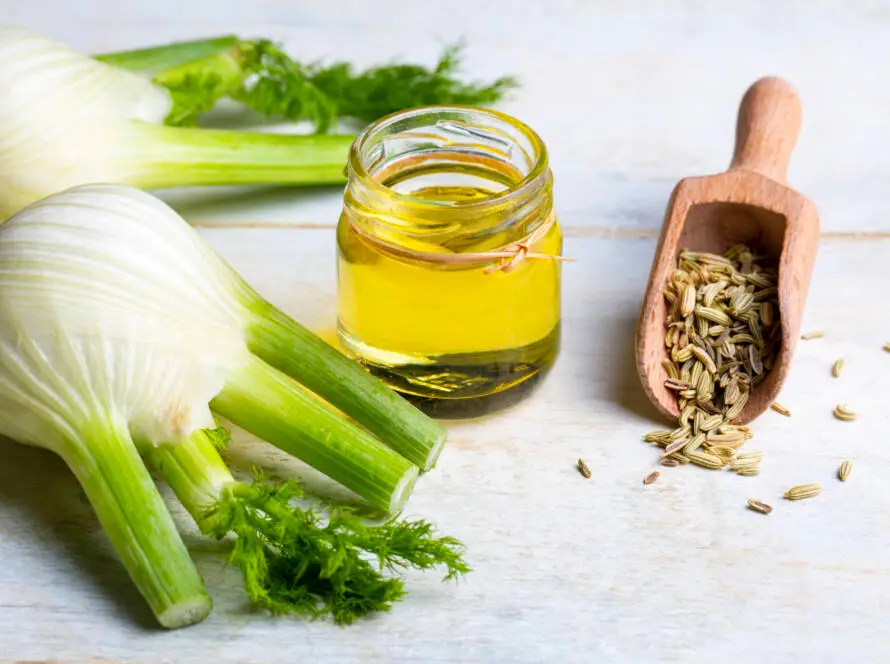Skullcap: An Overview
Skullcap (Scutellaria lateriflora) is a herbaceous plant belonging to the mint family, native to the United States. It thrives in moist woodland areas and is primarily found throughout North America. While this species is the most recognized among the over 300 variants worldwide, related species also occur in regions such as China. Its introduction into traditional American medicine dates back to the late 1700s, when it was known as “mad-dog skullcap” due to its historical use in treating rabies. Over the years, it gained a reputation as a tonic for addressing “female weakness” and was noted for its calming effects, especially when paired with valerian.
Common Names
- Skullcap
- Blue Skullcap
- Helmetflower
- Hoodwort
- Mad-Dog Weed
- Virginian Skullcap
Scientific Classification
- Latin Name: Scutellaria lateriflora
Uses and Applications
Traditionally, skullcap has been employed as a sedative for addressing issues related to nervousness and anxiety. Although it has a long history of use, there is limited scientific evidence to support these claims.
Recommended Dosages
For those interested in using skullcap, the suggested dosages vary by form:
- Dried Herb: 1 to 2 grams, three times a day.
- Tea: 240 mL, three times a day. To prepare, pour 250 mL of boiling water over 5 to 10 mL of dried herb and steep for 10 to 15 minutes.
- Tincture: 2 to 4 mL, three times a day.
Scientific Insights
As of now, the FDA classifies skullcap as an herb of undefined safety. This means further research is necessary to understand its effects and potential benefits fully.
Side Effects and Cautions
While no significant side effects are well-documented, skullcap may cause sleepiness. This sedative effect can enhance the impact of other sedative medications, leading to increased levels of sedation or potential mental impairment. It’s essential to consult with a healthcare provider before using this herb, especially if you’re on other medications.
In summary, skullcap is a herb with a rich history in traditional medicine, primarily used for its sedative effects. While it offers potential benefits, caution is warranted due to its impact on sedation. Please always seek professional guidance when incorporating herbs like skullcap into your routine.
Sources
- Information was accessed from Drugs.com and Wikipedia.
This summary encapsulates the essential details regarding skullcap, including its uses, applications, and potential cautions.
Disclaimer
The information I’ve shared about herbs is for educational purposes only and is not meant as medical advice. While many herbs have been traditionally used for their potential health benefits, individual responses may vary, and the effectiveness of herbs can depend on various factors, including personal health conditions and interactions with medications. It is essential to consult with a qualified healthcare professional or a licensed herbalist before using herbs for medicinal purposes or making significant changes to your health regimen. This information should not be considered a substitute for professional medical advice, diagnosis, or treatment.


